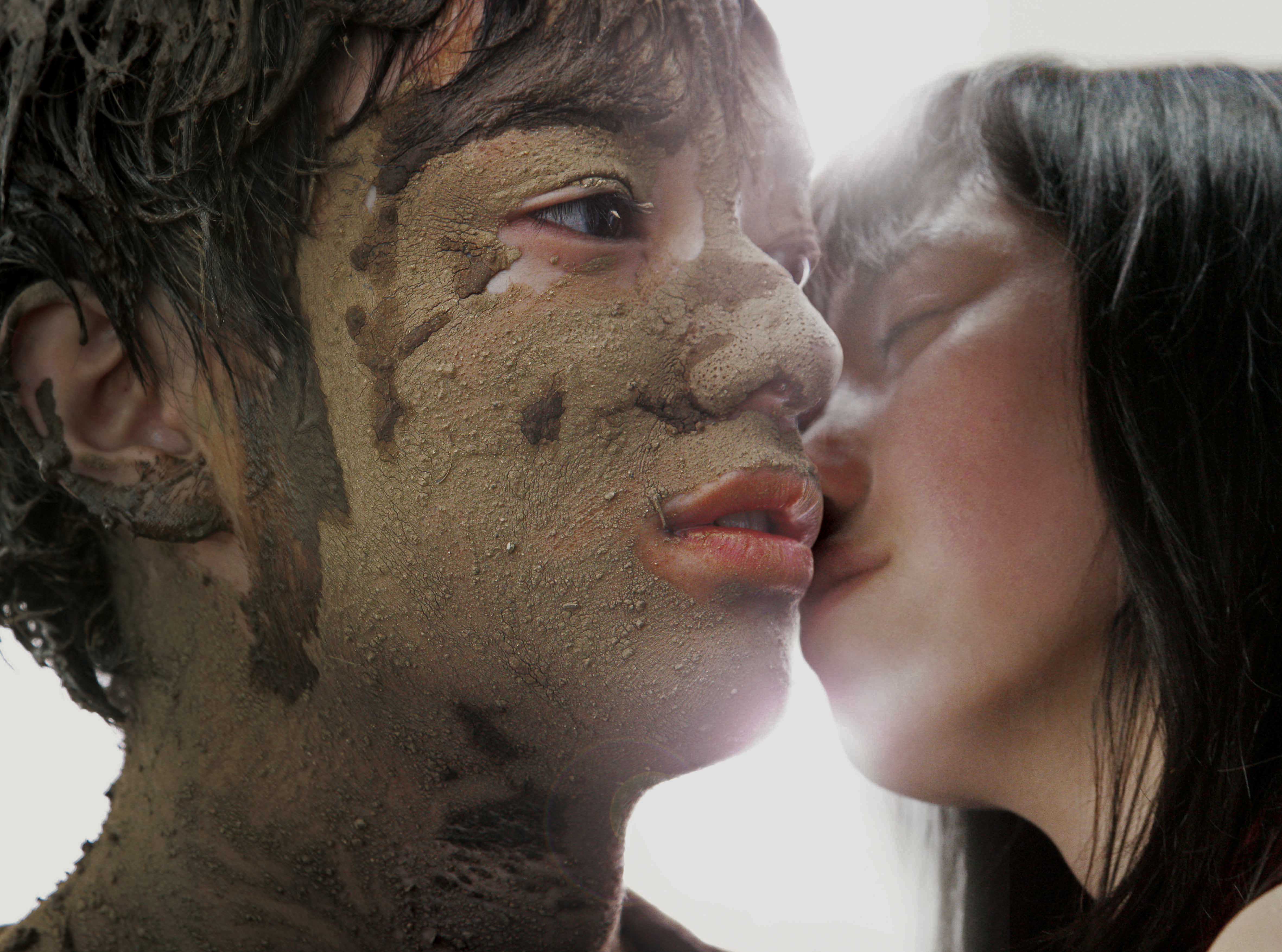In January 2013 Eiga Geijutsu magazine released its annual "Best 10 and Worst 10" lists. The two worst films of 2012, as chosen by the magazine's panel of critics, were Sion Sono's "Himizu" and "Kibo no Kuni (Land of Hope)." The former is about a teenage boy (Shota Sometani) driven to violence by his abusive father, but Sono rewrote the script — which was based on a manga by Minoru Furuya — to reflect the human cost of the Great East Japan Earthquake and resulting disasters of March 11, 2011. One addition in the rewrite was an elderly disaster victim (Tetsu Watanabe) who has lost everything but still tries to help the troubled young hero.
For "Land of Hope," Sono wrote a story set in a near-future Japan that has learned nothing from the reactor meltdowns at the Fukushima No. 1 nuclear plant. When a similar catastrophe occurs, hazmat-suited men set up a fence around a no-go zone, dividing two neighboring families in a rural community — to devastating results.
Why the bashing from Eiga Geijutsu? "Sono is a good director, but . . . making such films so soon after such a big, shocking disaster is just shallow," said critic Ken Terawaki in explaining his thumbs-down verdict. He didn't, however, similarly condemn the many documentary filmmakers who had streamed north after 3/11 and rushed out films, including the 29 that the Yamagata International Documentary Film Festival screened in October 2011 — or, for that matter, the hundreds of 3/11-themed programs made by NHK and other broadcasters local, national and foreign.


















With your current subscription plan you can comment on stories. However, before writing your first comment, please create a display name in the Profile section of your subscriber account page.